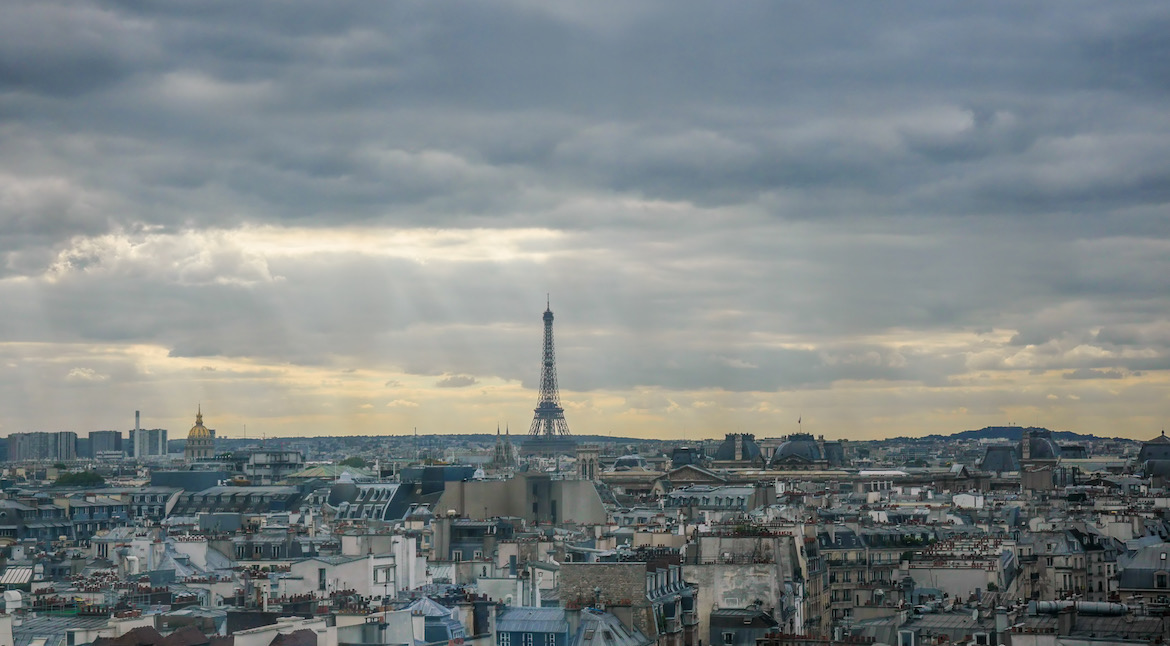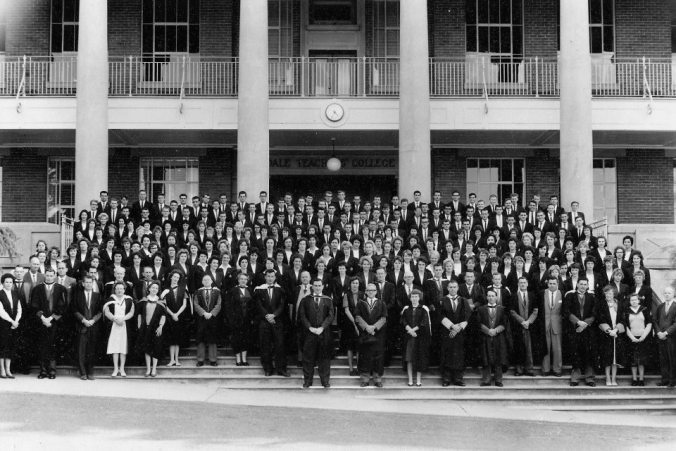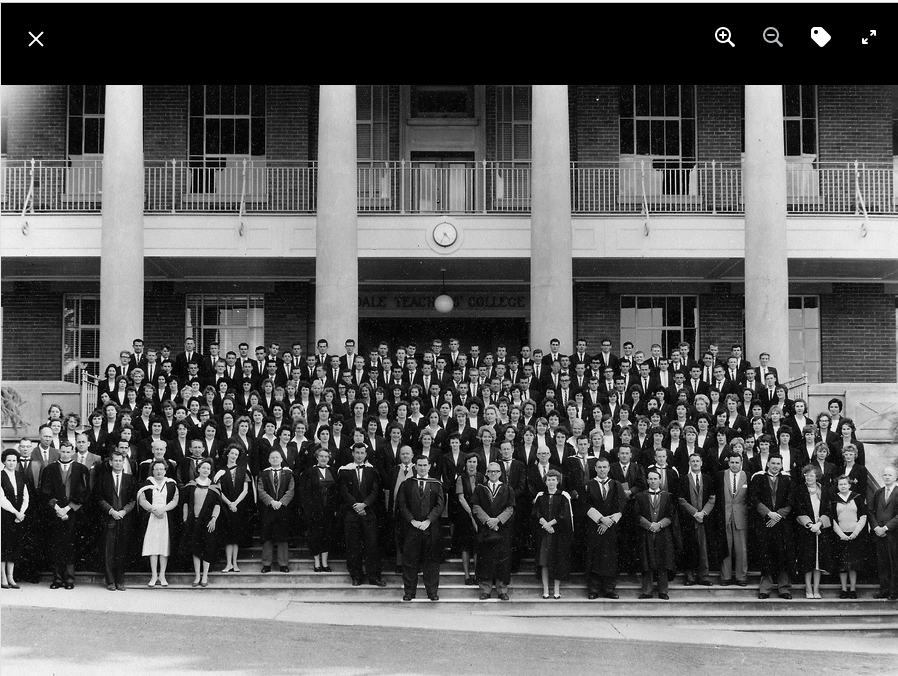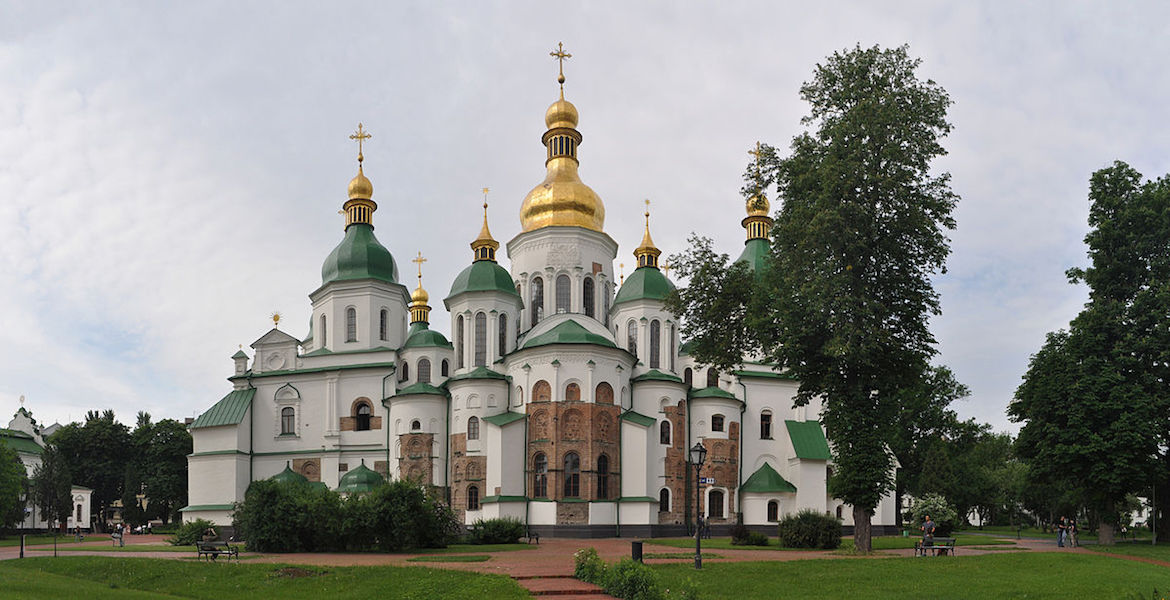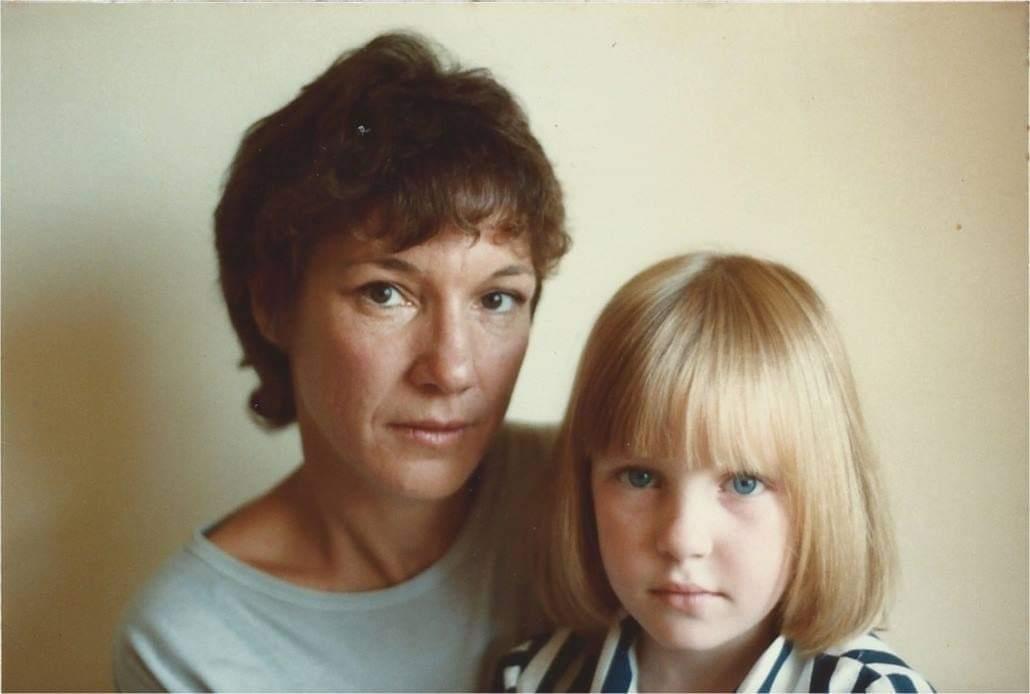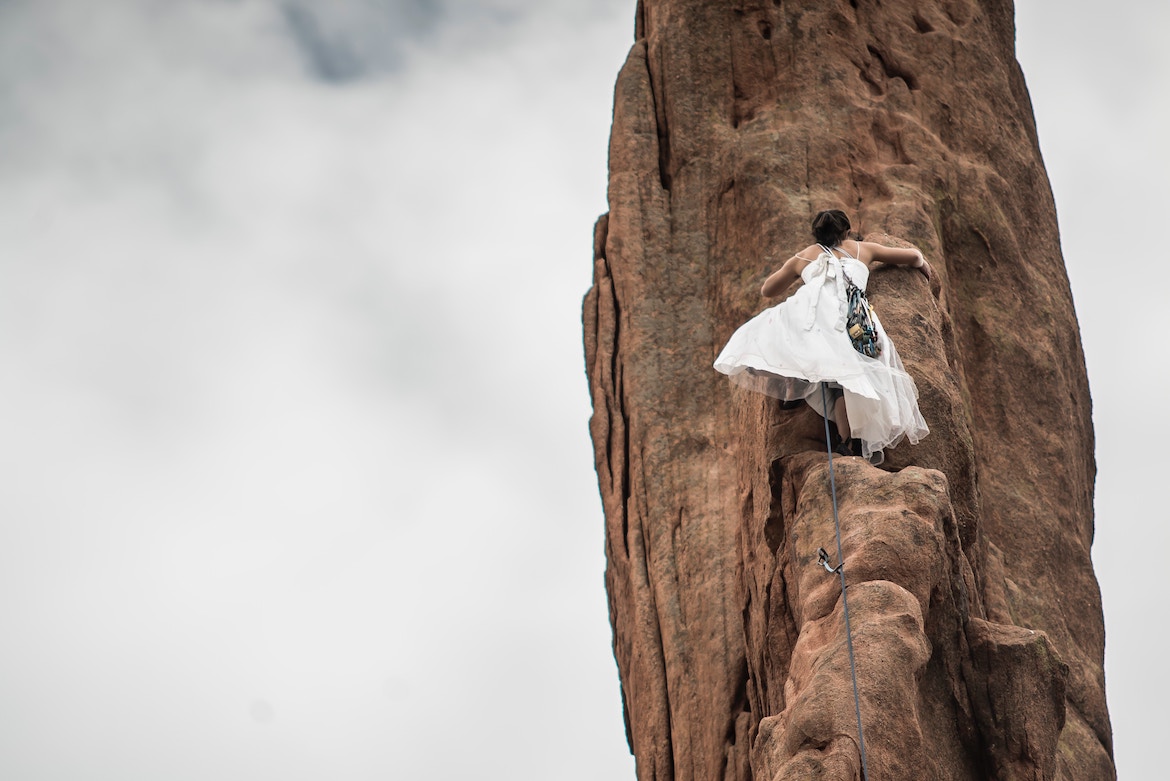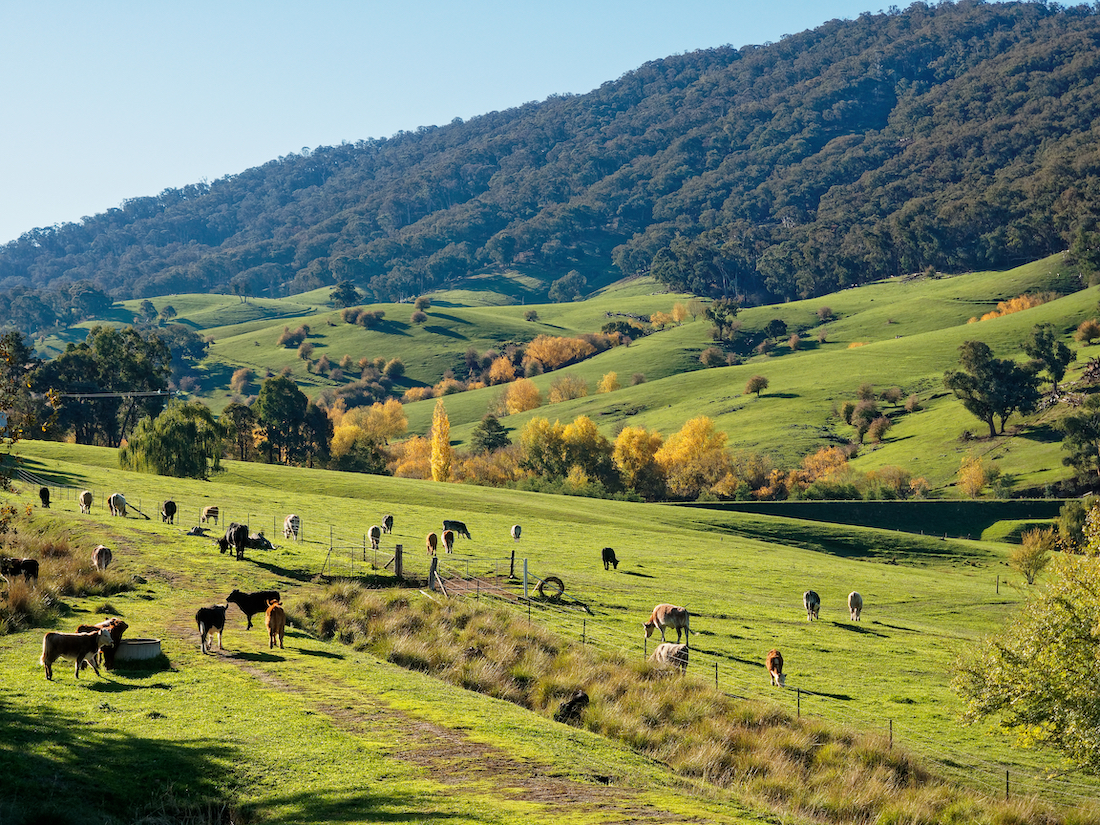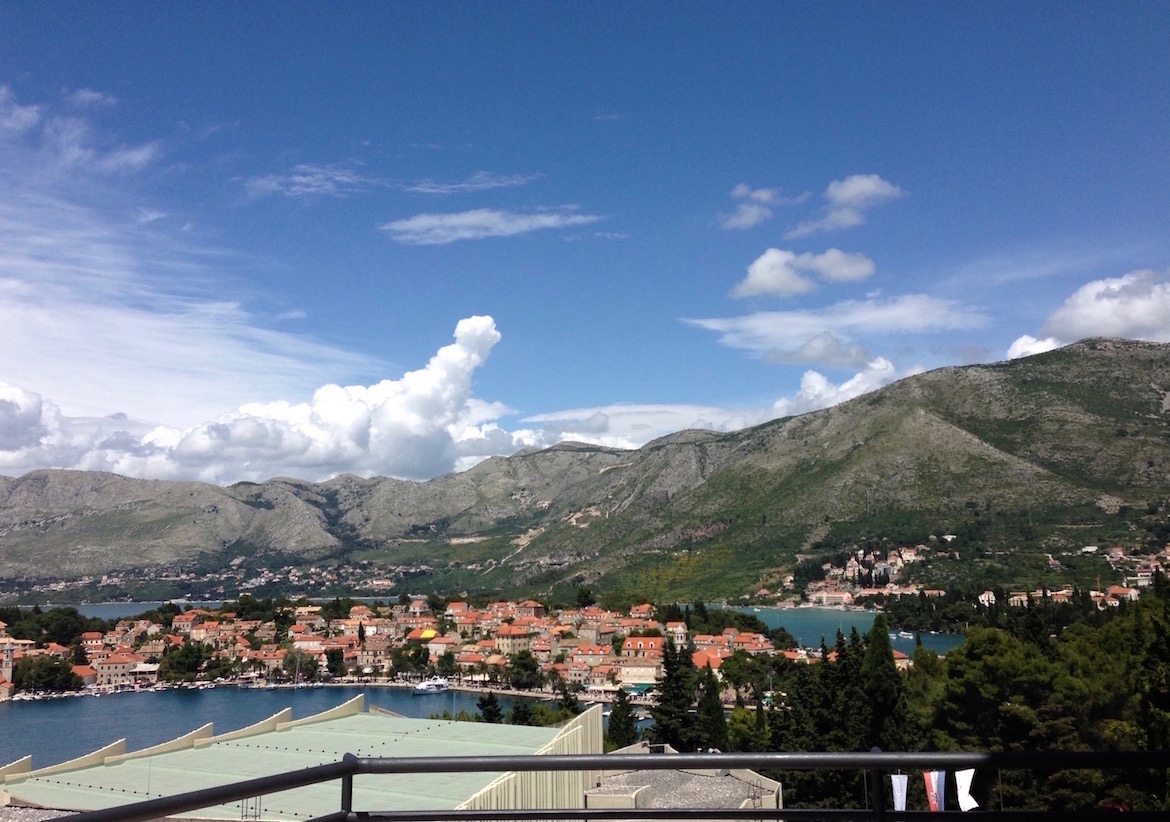I’m remembering the Jacaranda Festivals of my childhood at Grafton in northern New South Wales, with a certain nostalgia. Did such a time of innocence really exist? Is this celebration [...]
Definitions “Culture Shock” is the term for an individual’s surprise, dismay and/or euphoria when first meeting with an alien or different culture. I experienced culture shock as euphoria, when I [...]
The Class of 1961-1962 A large group of us seated in front of the hallowed walls, doors and columns, of the College on the Hill, in wet October weather. A [...]
A true story of karmic proportions...if you believe... Let me state at the outset that a soul mate is not necessarily a perfect match, in fact rarely is that the [...]
I first saw the following video on a Facebook group that I belong to: Armidale Teachers College: The Class of 1961-1962 This was the year, 1963, that I started teaching [...]
My Travel Journal Continues: "From Paris to Russia and Back" Because of the events in Ukraine today, I have re-published this post with sadness in my heart at the thought [...]
My daughter leaves parts of herself all around the place. She especially sheds bits and pieces chez moi. As if she doesn’t want to be apart from me for any [...]
In search of a voice… My writing started out as therapy for a polarised — to be explained later on — childhood. My own background had been stamped indelibly by [...]
As a child growing up in a valley where diversity was met with suspicion, I learnt, first-hand, about racism. However, I also saw paradoxes within my cocooned world, and turned [...]
En Route to Croatia We just flew over the mountains of Eastern Europe en route to Frankfurt from Dubai. Qantas have teamed up with the United Arab Emirates airline, so [...]


